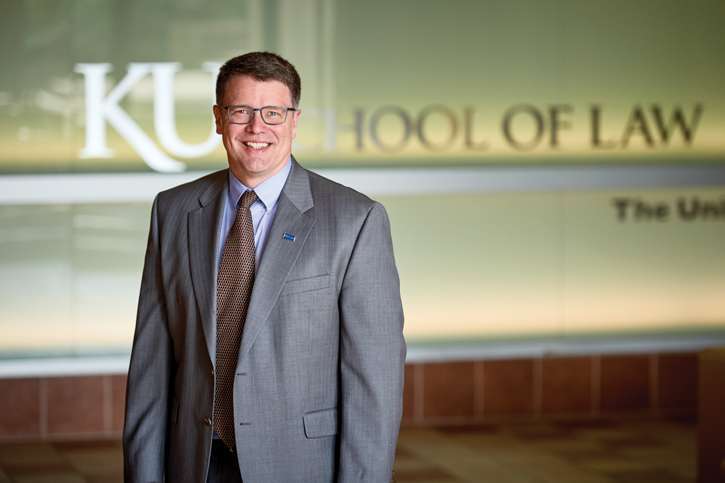
By NICK GOSNELL
Hutch Post
HUTCHINSON, Kan. — The United States Supreme Court has handed down several big decisions in the last several days, but one of the ones that could mean a lot to Presidential elections going forward is a decision they made on faithless electors.
"The court, in a majority opinion held that a state can mandate an elector to vote in a particular way and can have these sorts of penalties if an elector chooses not to follow that mandate," said KU Law professor Lou Mulligan.
In 2016, seven of the 535 electors cast votes at odds with the popular-vote winners and three attempted to do so.
"Every state has some different scheme by which electors are obligated to follow the vote of the populace," Mulligan said. "Whether its by pledge or some sort of penalty or removal or fine, the states have different schemes."
The court held that regardless of the scheme, that power is the state's. This could even make the movement to have the popular vote decide the Presidency able to be executed without getting rid of the Electoral College, at least in theory.
"Each state could say, "My electors don't do what state voters do, but you vote pursuant to the national vote, rather, yeah, I think that this opinion would say if your state wants to have that state law and bind its electors that way, it can do that."
That would mean such an agreement would not require an act of Congress, but rather of the state legislature in each state.





